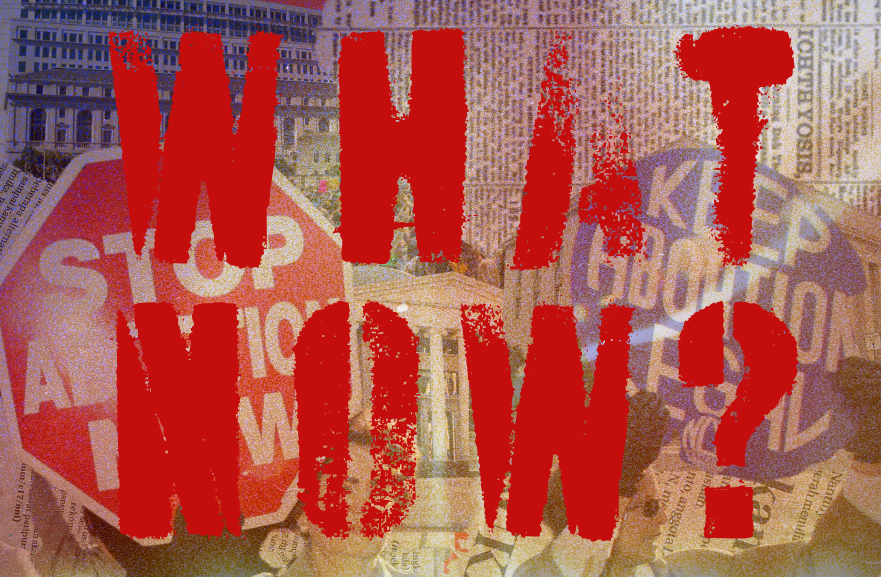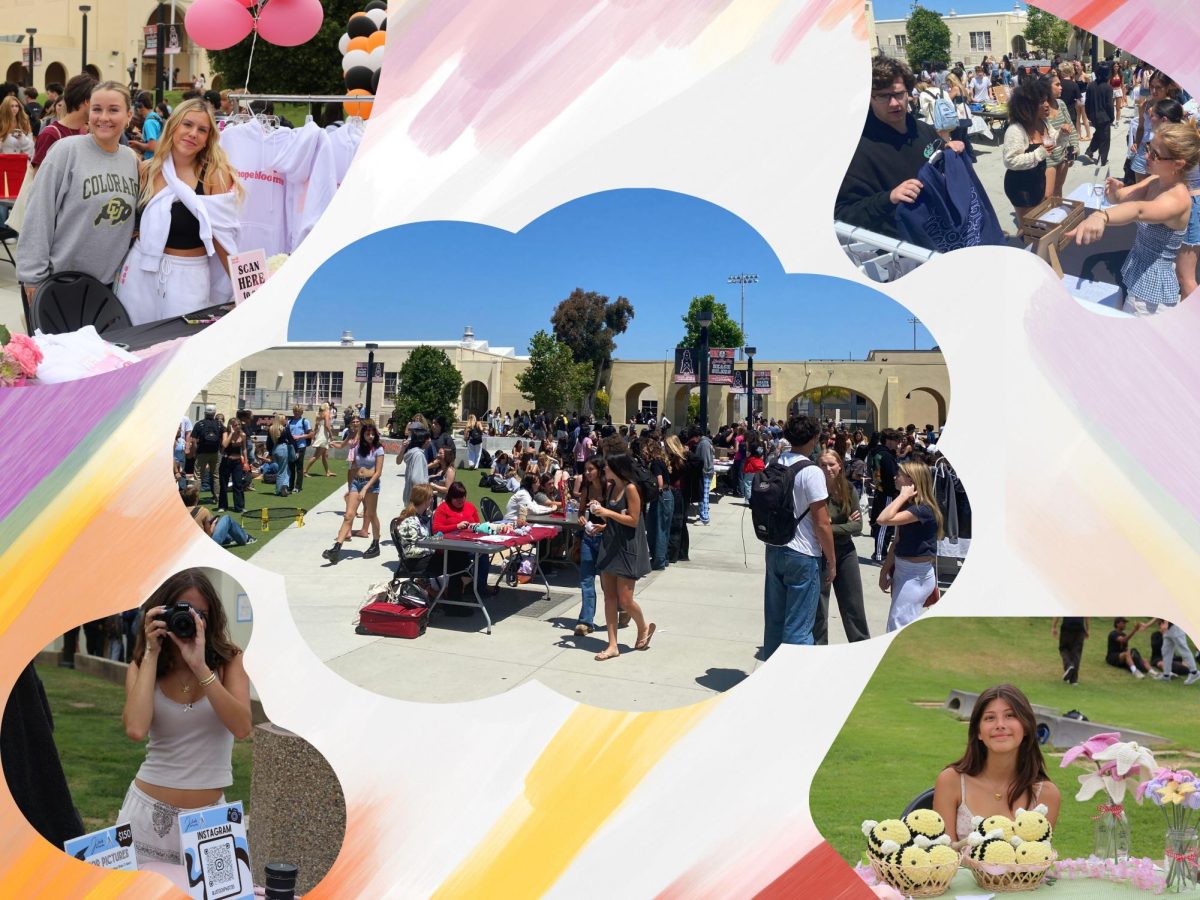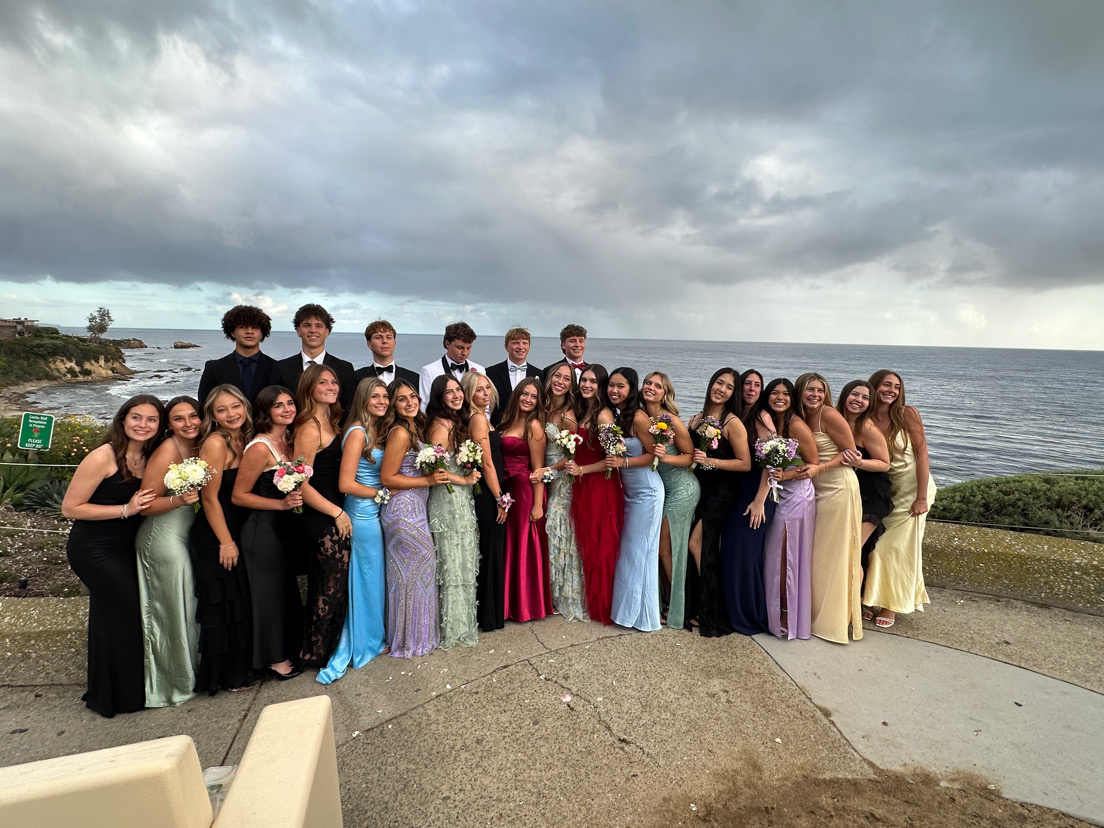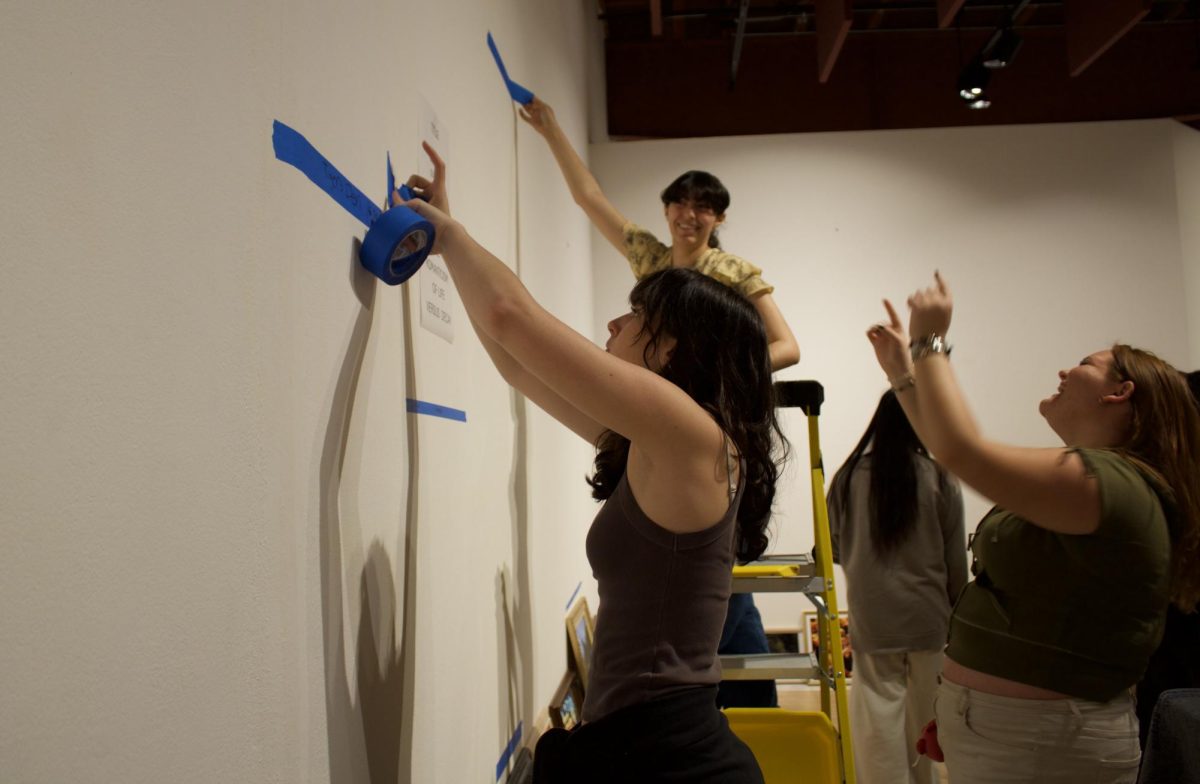History was made on June 24, 2022, as the United States Supreme Court ruled that abortion healthcare is not a Constitutional right. A year and a half since this ruling, access to healthcare and abortion across the nation has changed dramatically.
On February 20, 2024, the Alabama Supreme Court decided that frozen embryos are children, therefore pausing all in vitro fertilization (IVF) procedures from taking place. IFVs are a type of treatment typically meant to help people become pregnant if they struggle with infertility, and withholding access from potential parents has caused upset for many. Fertility clinics for now have ceased operations in hopes of avoiding lawsuits or other issues posed by the ruling.
“In a fertility clinic in Alabama, someone had gone into the freezers where the embryos were being stored, took one of them out, and dropped one of them. One of the parents [of the embryos] filed a wrongful death lawsuit, claiming that those embryos were in fact persons,” says Heather Han, a social science teacher at Huntington Beach High School.
This is just one of many of the laws put in place to limit reproductive health in the U.S. since the Dobbs decision. By leaving it up to the states to decide whether or not they would legally allow abortion, the Supreme Court has created a nation of inconsistent laws and regulations regarding reproductive health.
“If you live in a more democratic, [blue leaning state], chances are the right to an abortion and access to abortion is more available,” says Han, “ [but] if you live in a state that’s more anti-abortion, then access to those services may be difficult, meaning you’ll have to travel across state lines.”
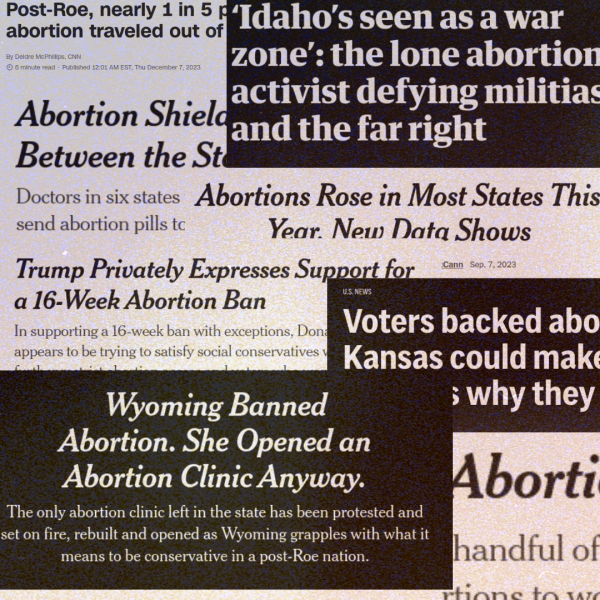
Since Roe v. Wade was overturned, the rate of people traveling out of state has increased dramatically, and so have abortion rates. And whilst many typically red-leaning states have opted for tightened laws against abortion, this isn’t the case all around.
“There have been a number of states like Kansas…and Kentucky, both Republican states, in their ballot measures [that] have voted to enshrine a right to an abortion in their state constitution,” says Han.
Even in states where abortion remains legal, the laws still differ from place to place. For example, California has a viability ban (meaning that an abortion can be had at any time during the pregnancy as long as it is safe), but Arizona law states that an abortion cannot occur after fifteen weeks of pregnancy.
Beyond just changing laws, the Dobbs Decision has created a clear political divide in the country.
“Democrats really seized on the overturning of [Roe v. Wade] to show that republicans are anti-women, anti-choice…and it’s worked. Democrats have won overwhelmingly both nationally and statewide…because of the abortion issue, and Republicans have had to grapple with how they’re going to change the narrative in their favor,” says Han
According to the “New York Times,” Former President Donald Trump does support a 16-week abortion ban in an attempt to win over voters who are Republican but support reproductive rights. Trump’s statement creates a middle-ground between a total ban and total viability.
In the most recent State of the Union address that took place on March 7, 2024, President Joe Biden voiced his support of reproductive rights but failed to ever use the word “abortion,” creating his own medium between extremes.
How these statements will affect the two candidates’ presidential campaigns has yet to be seen.



